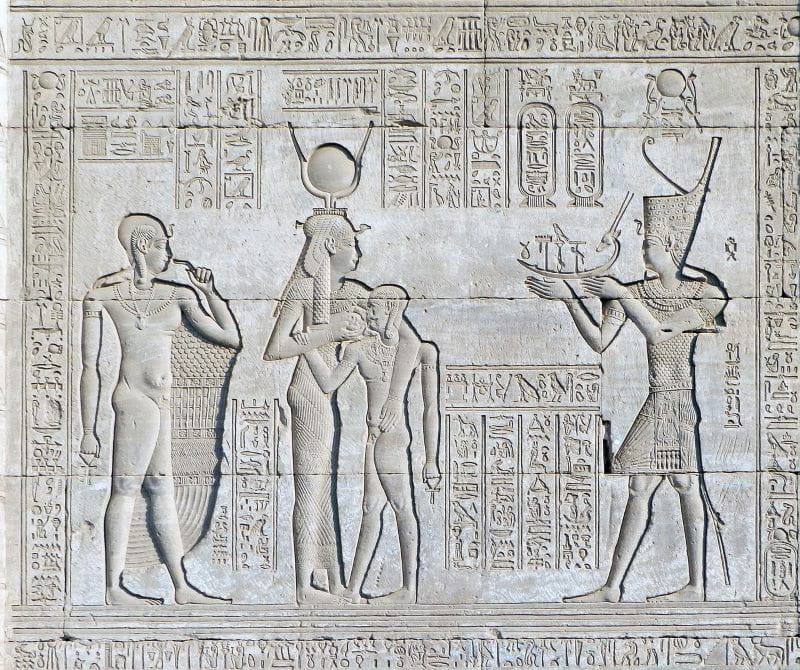
🐪 Egypt and Mesopotamia - gambling in ancient times
Of the first societies that exist, the Egyptian one became one of the most advanced. Thanks to its technological and social development, its history has reached today almost intact. We know a lot about their pharaohs, pyramids and hieroglyphs. But how much do we know about gambling in ancient Egypt? The truth is that quite a lot despite the many millennia that separate us. Many of the games that have been recovered by anthropologists suggest that they had to do with chance.
There is not only evidence that the Egyptians liked gambling. But there is also a record of one of the first board games developed by this millenary culture: the Senet .
This particular game has some similarities with chess and checkers. Its norms and rules are still a matter of debate for experts. At the beginning of the twentieth century it was believed that it was known with great accuracy what the rules of the Senet were. But in the twenties, a group of archaeologists found what was considered a new version of the game known as Asseb . It seems that this version is the closest to our days, since there is no less than nine hundred years of difference between the two.
Anyway, the taste and passion for games, chance and mathematics , are a constant in the Egyptian people who reigned over North Africa more than three thousand years ago. We probably won't get to find much more information about their playful customs in this regard. But none of that matters, because knowing how to play Senet is enough for us. Maybe it is not possible to find it in any store or website and play it with friends. But at least we can enjoy the attractive designs of IGT and its slot Cleopatra .
imperial Imperial China and its passion for chance
For more centuries than we can count, China has been the gambling capital of antiquity in the Far East. It still is today in the enclave of Macau, and the game in the entire Asian region it's booming.
Unlike many nearby countries that banned gambling and betting for long periods of time, the Chinese empire stood firm in this regard. Far from suppressing and persecuting those who liked gambling, China proliferated in gambling and chance as did its society, science and technological development.
When did the game start in the empire? We don't know exactly, but at least we have data from the Xia Dynasty almost four thousand years ago. Already from that moment it was known that a large number of Chinese loved games and being able to risk and challenge acquaintances and strangers to challenges for a few pieces of silver and gold. While it is believed that for a while the game was banned in some regions, governments quickly understood the great benefits of legalization .
prec Pre-Columbian America and gambling
When we think about gambling in ancient times, we imagine the times that ran before the fall of the Roman Empire in Europe. But it was not only in this part of the world that human beings developed gaming and gambling systems. The peoples who populated the American continent they already bet on each other five thousand years ago . According to a renowned anthropologist from the University of California at Santa Barbara, the Mayans in Central America had developed an intricate game, which was very popular. In the book Prehistoric Games of North American Indians: Subartic to Mesoamerica from Barbara Voorhies, the author finds sufficient evidence about games developed by pre-Columbian North American cultures, such as the Patolli.


